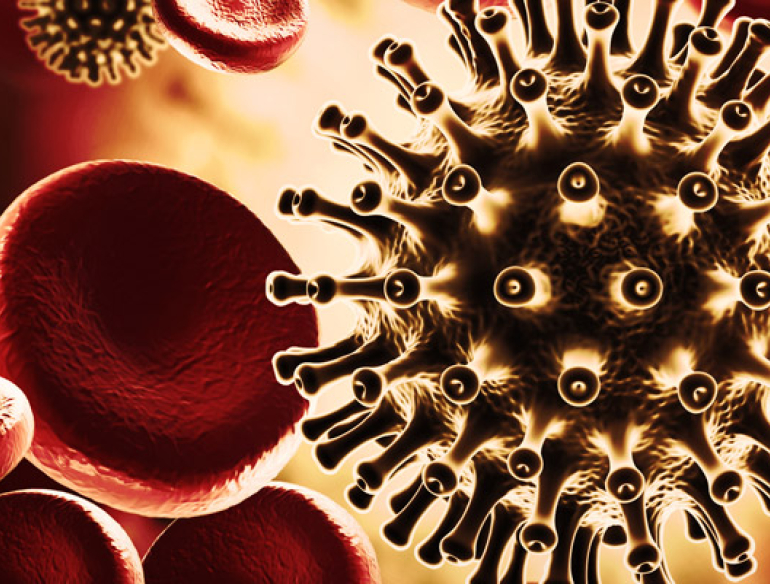People living with HIV are at an increased risk of developing a variety of blood cancers. Bone marrow transplantation, also called allogeneic stem cell transplantation (SCT), can be an important treatment for these cancers. However, the clinical outcomes of people with HIV undergoing SCT, including immune recovery post-transplant, remain poorly characterised. Recent work has also indicated that SCT may have an impact on HIV persistence in the body, suggesting that studying these patients could have implications for HIV eradication or cure.
This project will follow HIV-positive patients who have undergone allogeneic SCT to treat their haematological malignancy. As part of this study, we will characterise each individual’s response to SCT in regard to clinical outcomes, immune reconstitution, transplant complications (including graft versus host disease and infection), the HIV specific immune response and the impact on the HIV viral reservoir.
Blood, tissue and clinical information will be collected prior to SCT and for up to five years after a participant’s SCT in order to:
- Assess the impact of SCT on the immune response to HIV
- Characterise the clinical outcomes, including immune reconstitution, of people with HIV undergoing SCT
- Define the impact of SCT on the HIV viral reservoir in a number of immune cell and tissue types
- Store samples for future HIV and malignancy related studies.
This study has so far recruited five people with HIV who had undergone a SCT, one of the largest cohorts of its type in the world. We have published one paper outlining the effect of SCT on the HIV reservoir (below) with further work underway that will define the immune reconstitution of these individuals post-transplant.
This study utilises a unique cohort to define the clinical course post-SCT of HIV positive individuals, as well as analysing the effect of SCT on the HIV viral reservoir. The study will also provide critical clinical safety data to guide the future use of SCT therapy in people with HIV, and may also suggest new pathways to HIV eradication in HIV positive people.
